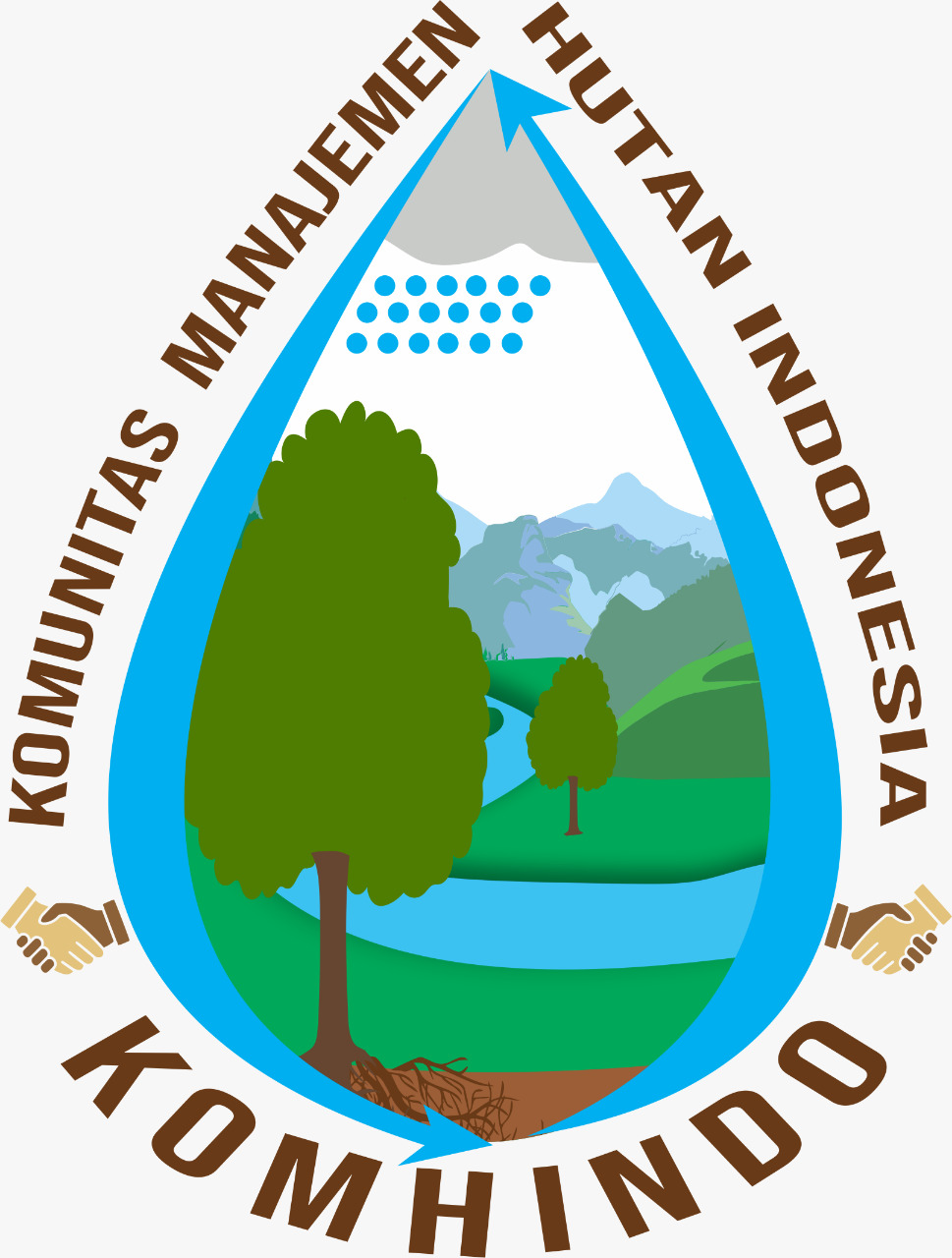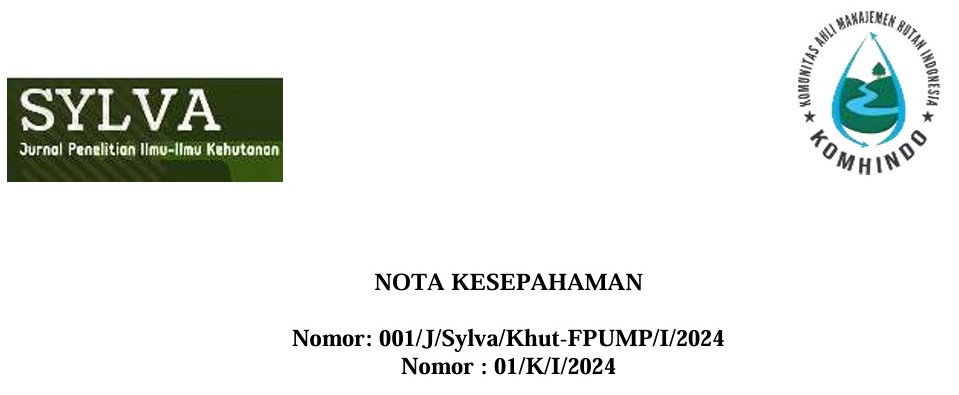STUDI PAKAN MONYET EKOR PANJANG (Macaca fascicularis Raffles) DI TAMAN WISATA ALAM PUNTI KAYU PALEMBANG SUMATERA SELATAN
Dina Hafsari, Yetty Hastiana, Windarti Windarti
Abstract
This study aims to determine the types of vegetation that are the source of feed monkeys and to determine of percentage utilization of the type of vegetation as a food source. Research method used was a survey method in which the observer is directly observed and noticed by folowing the pattern of feeding activity by long-tailed monkey (M. fascicularis Raffles) was selected as the sample is in field observations made during one month. The sampling is done intentinally (purposive sampling). Sample taken the adult male monkey, monkeys female and young adults or teens. Data collected in the form of plant species that are eaten, the parts of plants that are eaten by the long-tailed macaque (M. fascicularis Raffles) and the time used for feeding activity of each plant species. The results showed that the type of vegetation that is source of long-tailed monkeys (M. fascicularis Raffles) feed are the yellow bamboo (Bambusa vulgaris), talok or cherry (Muntingia calubara L.), pulai (Alstonia granensis), small leaf acacia (Acacia crassicarpa), banyan (Ficus benyamina), jengkol (Pithecelldbium lobatum) and guava japan (Eugenia sp). Result of the average percentage of time eating long-tailed monkeys per minute of the four groups of zones based on gender and age on the preferred plant species are the yellow bamboo young leaves as much 25,80 %, young leaves and fruits talok or cherry as much 20,08 %, pulai as much 13,21 %, the flower and small leave acacia as much 11,99 %, banyan as much 10,75 %, jengkol as much 9,49 % and guava japan as much 8,59 %.
DOI:
https://doi.org/10.32502/sylva.v3i1.156
Refbacks
- There are currently no refbacks.
Indexed by:






Contact Person:
Delfy Lensari, S. Hut, M. Si
Jurnal Sylva: Ilmu-ilmu Kehutanan
Forestry Program Study, Faculty of Agriculture, Universitas Muhamamdiyah Palembang
JL. Jend.A.Yani 13 Ulu Palembang, South Sumatra, Indonesia
Tel. (+62)711-511731; Email: jurnalsylvaump@gmail.com; Website: https://jurnal.um-palembang.ac.id/sylva

This work is licensed under a Creative Commons Attribution 4.0 International License






1.png)






